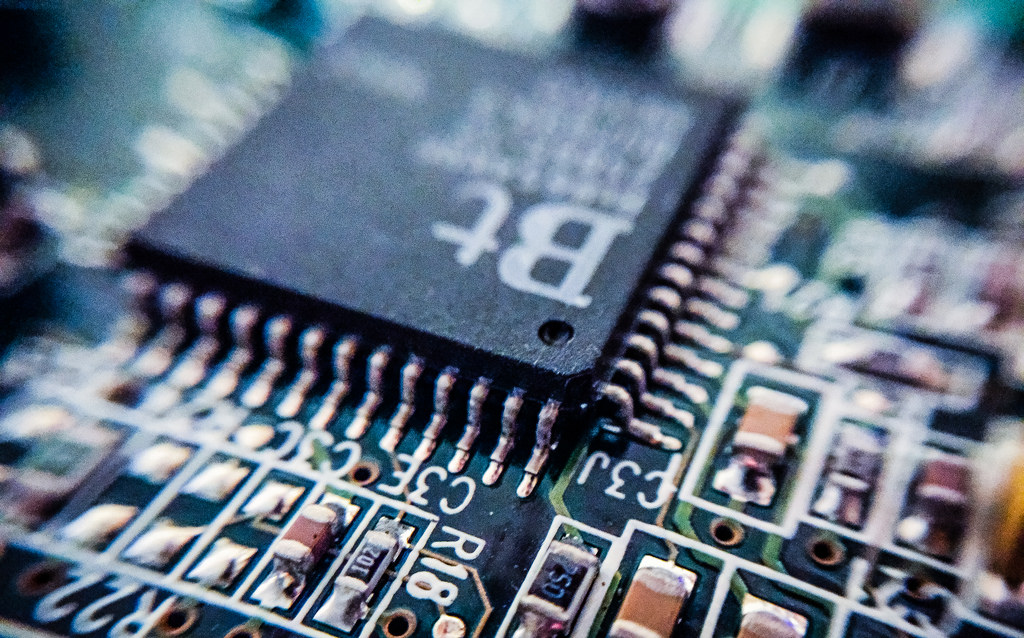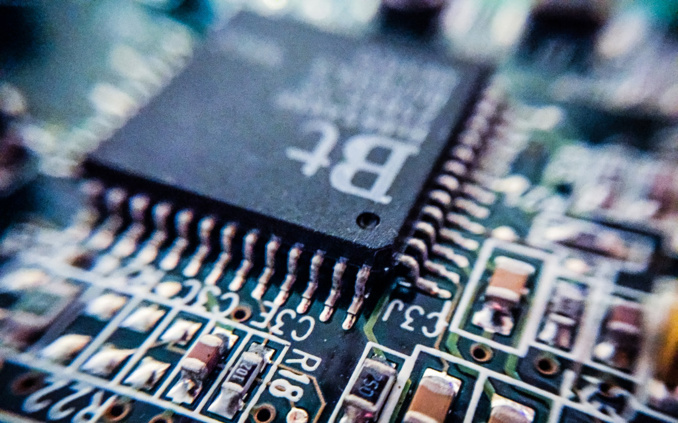BCG’s report titled "The Technology Takeover" notes that in 2016 the global volume of mergers and acquisitions amounted to about $ 2.5 trillion, which is approximately at the level of 2015. At the same time, the number of transactions (about 26 thousand) approached peak levels in the M&A market, which were observed both in 1999 and 2007. Mergers and acquisitions in the high-tech sector amounted to about $ 700 billion, that is, about a third of the global volume. Thus, hi-tech market once again became one of the main drivers of the world M&A sector.
As we know, the first decline in the hi-tech market was experienced in the early 2000s, when the so-called high-tech bubble burst. Then, the M&A market collapsed to $ 300 billion in 2001 from $ 900 billion in 2000, and in 2003 sunk to below $ 100 billion.
A curious trend is that number of deals involving those buyers from non-technical sectors that acquire technology companies have grown by 9% since 2012. Now, it accounts for almost 70% of all purchases in the hi-tech sector. At the same time, the share of such transactions has increased in each sector of the industry since 2012.
Analysts of BCG note that key factors that accelerate the growth of M&A transactions in the hi-tech sector include so-called Industry 4.0 (the development of the Internet of things, working with large volumes of data, virtual and augmented reality, 3D printing, etc.), the rapid development of cloud computing and other solutions based on cloud technologies, as well as the search for mobile technology vendors and software applications.
The growing interest in introduction of new technologies leads to the fact that buyers increasingly spare money for acquisition of hi-tech players. The average ratio of the company’s value to the volume of sales in the absorbed digital companies has grown by almost 50% - from 2.1 in 2013 to 3 in 2016. The most significant indicators were recorded in the gaming sector (3.9), financial and technological industries (3.2), cloud-based technology services (2.8) and the development of mobile technologies and applications (2.8). BCG notes that "for companies implementing the concept of" industry 4.0 ", this ratio numbered 2.0. This can be explained by the fact that many of these transactions are aimed at hardware manufacturers, which are usually less profitable compared to software companies." The highest values of the ratio of the value of the enterprise to the sales volume were shown in large acquisitions of technology companies (worth more than $ 1 billion). There, the figure amounted to 3.3, and the ratio of the cost of the enterprise to EBIT - 26.5.
The most active buyers in the hi-tech market are private investment and venture funds, which accounted for 29% of the total number of transactions involving non-tech companies. On the second place are financial companies with a share of 18%, the third is occupied by industrial enterprises.
"Digital and advanced technologies have already significantly changed many industries and have a significant impact on a large number of other sectors," said co-author Jens Kengelbach, BCG partner and global leader in the M&A market. "Time of market launch and reaching a critical mass are key criteria, and companies often do not have the time or competent specialists to develop the capabilities they need. To get new opportunities and eliminate the innovation gap, they make a choice in favor of mergers and acquisitions."
source: globenewswire.com
As we know, the first decline in the hi-tech market was experienced in the early 2000s, when the so-called high-tech bubble burst. Then, the M&A market collapsed to $ 300 billion in 2001 from $ 900 billion in 2000, and in 2003 sunk to below $ 100 billion.
A curious trend is that number of deals involving those buyers from non-technical sectors that acquire technology companies have grown by 9% since 2012. Now, it accounts for almost 70% of all purchases in the hi-tech sector. At the same time, the share of such transactions has increased in each sector of the industry since 2012.
Analysts of BCG note that key factors that accelerate the growth of M&A transactions in the hi-tech sector include so-called Industry 4.0 (the development of the Internet of things, working with large volumes of data, virtual and augmented reality, 3D printing, etc.), the rapid development of cloud computing and other solutions based on cloud technologies, as well as the search for mobile technology vendors and software applications.
The growing interest in introduction of new technologies leads to the fact that buyers increasingly spare money for acquisition of hi-tech players. The average ratio of the company’s value to the volume of sales in the absorbed digital companies has grown by almost 50% - from 2.1 in 2013 to 3 in 2016. The most significant indicators were recorded in the gaming sector (3.9), financial and technological industries (3.2), cloud-based technology services (2.8) and the development of mobile technologies and applications (2.8). BCG notes that "for companies implementing the concept of" industry 4.0 ", this ratio numbered 2.0. This can be explained by the fact that many of these transactions are aimed at hardware manufacturers, which are usually less profitable compared to software companies." The highest values of the ratio of the value of the enterprise to the sales volume were shown in large acquisitions of technology companies (worth more than $ 1 billion). There, the figure amounted to 3.3, and the ratio of the cost of the enterprise to EBIT - 26.5.
The most active buyers in the hi-tech market are private investment and venture funds, which accounted for 29% of the total number of transactions involving non-tech companies. On the second place are financial companies with a share of 18%, the third is occupied by industrial enterprises.
"Digital and advanced technologies have already significantly changed many industries and have a significant impact on a large number of other sectors," said co-author Jens Kengelbach, BCG partner and global leader in the M&A market. "Time of market launch and reaching a critical mass are key criteria, and companies often do not have the time or competent specialists to develop the capabilities they need. To get new opportunities and eliminate the innovation gap, they make a choice in favor of mergers and acquisitions."
source: globenewswire.com



















